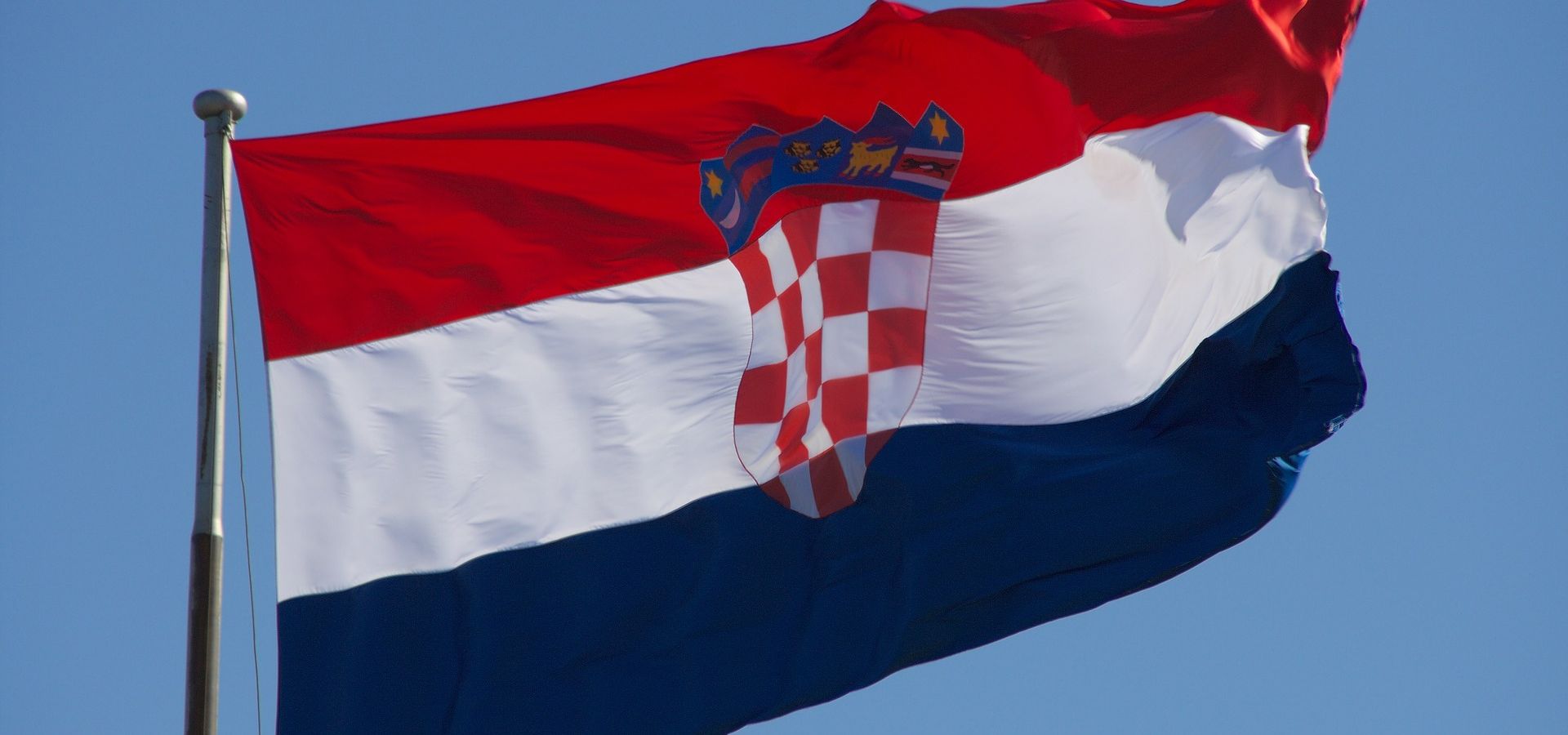Croatia’s plan to construct a liquified natural gas (LNG) import terminal has been on its energy policy agenda for decades, but was postponed over and over again. Finally investors have decided to build the Krk LNG terminal, and argue that it will increase energy security in Central Europe and the Balkans. But its impact can range from maintaining the country’s reliance on fossil fuels to becoming an underutilised piece of infrastructure sapping away governments’ attention from their renewable energy agendas, says John Szabó.

In order to become less dependent on Russian gas, Croatia is expanding its LNG terminals (Public Domain)
“Energy security” is at the heart of the decision that investors took to build a new liquefied natural gas terminal in Croatia named Krk LNG. Croatia has backed the terminal to enhance the security of its natural gas supplies, but it has also become touted as a project focal for the region’s energy security by providing an alternative to mostly Russian piped natural gas. This has spurred EU support and Hungary has also stated its intention to become a shareholder.
But what is energy security? The Asia Pacific Energy Research Centre defines it as the availability, accessibility, affordability, and acceptability of energy supplies.
Historically, the first three considerations have overshadowed the latter: acquiring the fossil fuels societies rely upon has been at the heart of energy’s geopolitics. However, this mode of thinking has to change amidst an energy transition through which we are seeking to decarbonise our energy systems.
Croatia’s road to LNG: independence from Russia?
Krk LNG was initially seen as a piece of infrastructure that would allow Yugoslavia to diversify away from Russian natural gas imports in the 1980s. Decision-makers proposed Adriatic LNG in 1986, but the wars in the region halted this progress. Following the Dayton Accords, the import terminal was bogged down by the small size of Croatia’s and neighbouring countries’ natural gas markets, but the project was not scrapped.
In the 1990s a positive sentiment developed towards natural gas in Europe. The fuel benefitted from market liberalisation and technological innovations that were met with abundant economically competitive supplies. The natural gas industry carved out a significant role for itself in the EU’s energy mix, in part by claiming that natural gas is the cleanest fossil fuel.
Natural gas’ bright prospects led Croatia to pursue an even grander version of Adria LNG in the early-2000s. It planned a 10-15 bcm/a import terminal that would help supply the entire region. This was proposed regardless of Croatia’s and all of its neighbouring countries’ (excluding Italy) total imports amounting to 13-14 bcm/a.
There was very little rationale for the project, but policy-makers politicised it on the grounds of energy security and elevated it to the EU level.
The terminal was added to the European Commission’s Projects of Common Interest list in 2014, making it eligible for EU funding. The acceptability of facilitating the expansion of natural gas markets was overshadowed once again by availability, despite the EU’s ambitions to convey itself as a global leader in the battle against climate change.
Krk LNG’s economic rationale was further undermined when Gazprom swooped in and signed a long-term natural gas delivery agreement with Zagreb in 2017. By then, the import terminal had been downsized to an offshore floating storage regasification unit. Estimated costs amounted to €234 million, which is minuscule for an energy security insurance policy.
However, even that small amount seems unjustified when it has been clearly shown that the EU cannot consume natural gas beyond 2035. Moreover, investors of the proposed 2.6 bcm/a project hosted a lacklustre second open season, where binding offers amounted to 0.5 bcm/a and non-binding conditional offers totalled 0.3 bcm/a. Buyers in this region are unwilling to pay for an insurance policy, potentially leading to the terminal’s utilisation rates dropping below the 2018 European average of 33%. Both environmental and economic logic undermines the import terminal’s construction, while the integration of European natural gas markets has reduced supply security risks. Stakeholders’ push for Krk LNG’s completion thus stands out as an unnecessary and futile attempt to maintain a fossil fuel-based status quo.
Renewables offer a more secure future
Instead of Croatia and Hungary focusing on natural gas, countries concerned with energy security should prioritize renewables. Both Zagreb and Budapest urgently need to re-focus their attention to exploit solar and wind power: they are well-positioned to expand electricity generation from both resources. In addition, natural gas consumption can also be substituted for renewable geothermal in these countries’ household sectors. Croatia is located in “one of the key geothermal areas in Europe” and Hungary also has huge potential in this field.
Unfortunately, neither country has announced much-needed tenders to back the diffusion of these technologies. Hungary needs to lift the ban essentially prohibiting the installation of wind turbines as well. The countries have heavily relied on hydropower and solid biomass, respectively, to meet their 2020 commitments. Potential in both these resources is finite and is already scrapping its upper limits, without spurring further damage in vulnerable ecosystems. Moreover, Zagreb and Budapest need to make rapid strides in improving energy efficiency, given the high energy intensity of both their economies.
Croatia, backed by states in the region, have pursued an LNG terminal for decades now. However, the developments in the EU’s natural gas market and the need to facilitate an energy transition towards renewables renders Krk LNG an anachronistic piece of infrastructure, which decision-makers should have long eschewed in favour of more robust support for renewable and energy efficiency policies.
John Szabó is a PhD Candidate at the Central European University and a Junior Fellow at the Hungarian Academy of Sciences’ Institute of World Economics. His PhD focuses on climate change’s impact on the EU’s natural gas market, while his broader interests lie at the intersection of energy, ideology, capitalism, and the state.